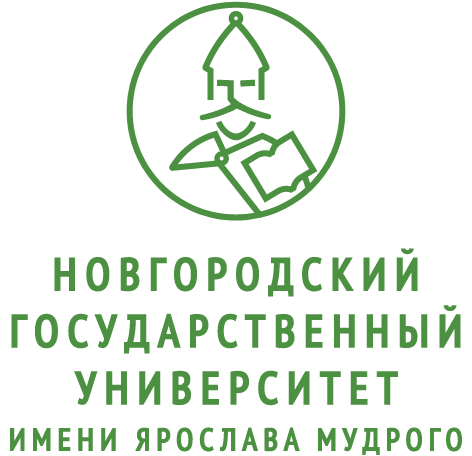Герои рассказов В. М. Шукшина: речевое поведение
DOI:
https://doi.org/10.34680/VERBA-2022-3(5)-49-63Ключевые слова:
В. М. Шукшин, правила речевого поведения, названия лиц по речевому поведению и манере речиАннотация
В статье рассматриваются правила речевого поведения персонажей, представленные в рассказах В. М. Шукшина. Предлагается методика выявления этих правил на основе анализа названий лиц, их нарушающих: балаболка, бука, враль, демагог, молчун, подхалим, проповедник, советчик, трепач, трепло, указчик, хам, хамло, хамьё и т. п. В текстах писателя много конфликтных диалогов, в которых герои дают друг другу нелицеприятные оценки, этим обусловлено значительное количество сниженной лексики в произведениях В. М. Шукшина, при этом в авторском тексте сниженная лексика отсутствует, она включена в прямую или косвенную речь персонажей. Названные особенности рассказов В. М. Шукшина делают их благодатным материалом для рассмотрения правил речевого поведения, поскольку эти правила нарушаются во время конфликтов, а лексика с отрицательной оценкой фиксирует нормы, которые были нарушены. Основные правила речевого поведения, представленные в рассказах В. М. Шукшина следующие: 1) будь дружелюбным, вежливым и справедливым, не используй свое служебное положение, более высокий социальный статус или физическую силу для того, чтобы унизить другого; 2) говори не больше, чем требуется, не говори лишнего, неси ответственность за свои слова; 3) говори не меньше, чем требуется, умей выразить положительную оценку адресата; 4) говори правду; 5) если не обладаешь достаточным авторитетом для адресата, не навязывай ему своего мнения, не давай советов, не указывай, как поступать. Лица, нарушающие кодекс речевого поведения, оцениваются по-разному. Категорично отрицательно оцениваются хамы и люди, которые дают непрошенные советы, навязывают свое мнение другим. Нарушения остальных правил допустимы, все зависит от ситуации.
Скачивания
Загрузки
Опубликован
Как цитировать
Выпуск
Раздел
Лицензия
Copyright (c) 2022 Verba

Это произведение доступно по лицензии Creative Commons «Attribution-NonCommercial» («Атрибуция — Некоммерческое использование») 4.0 Всемирная.








